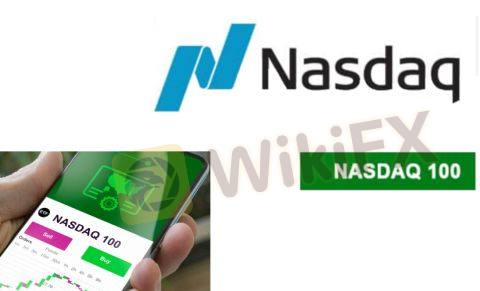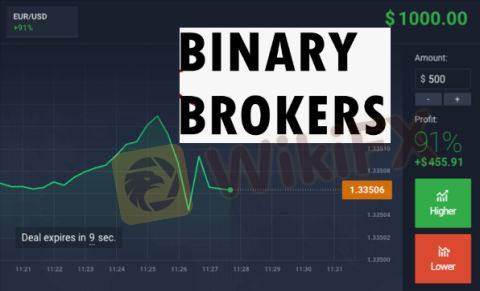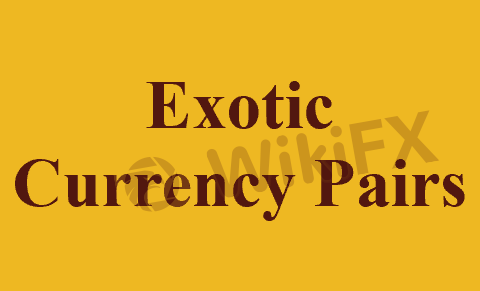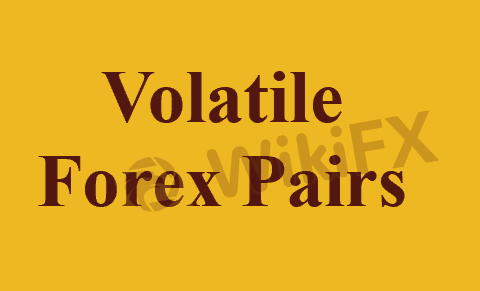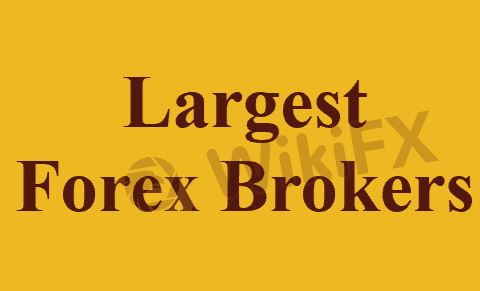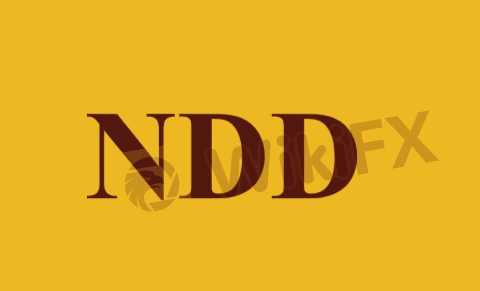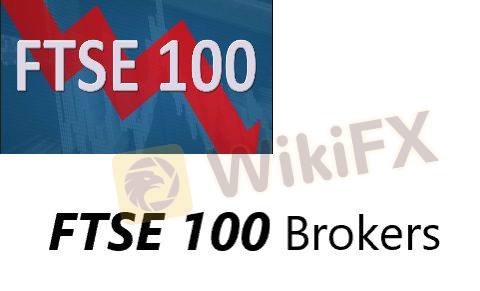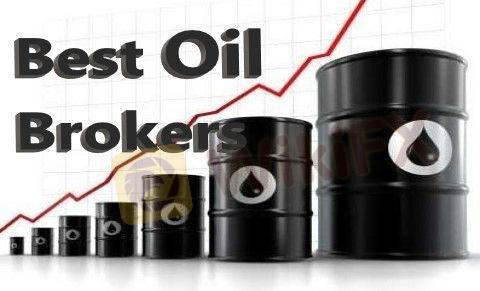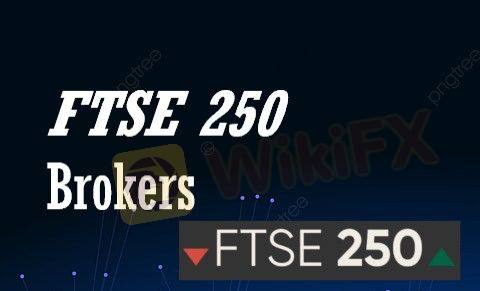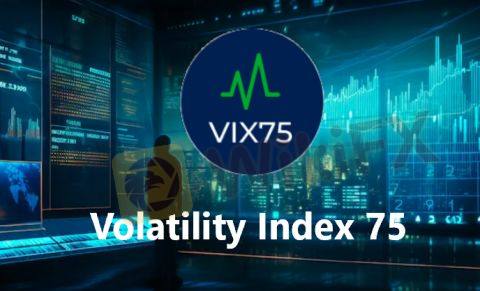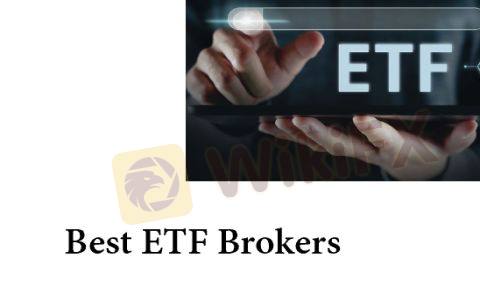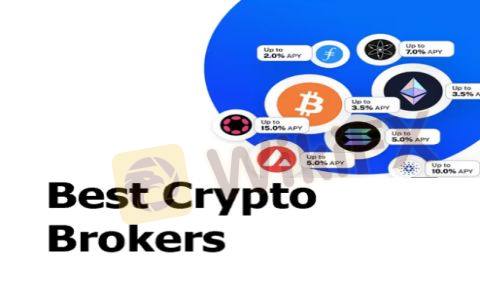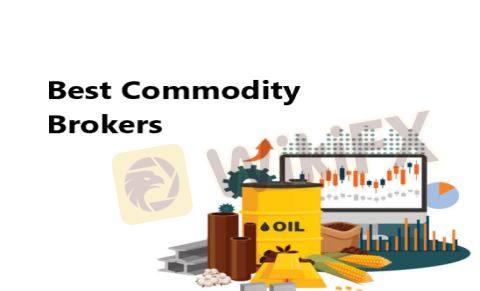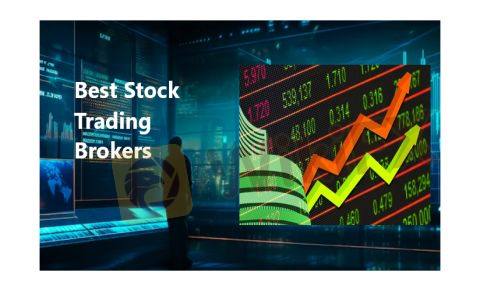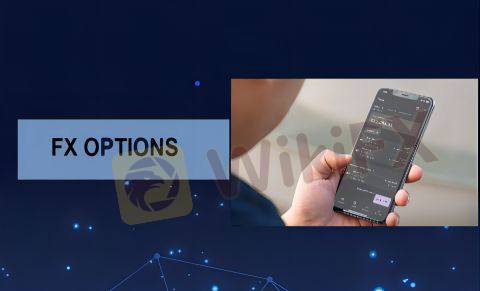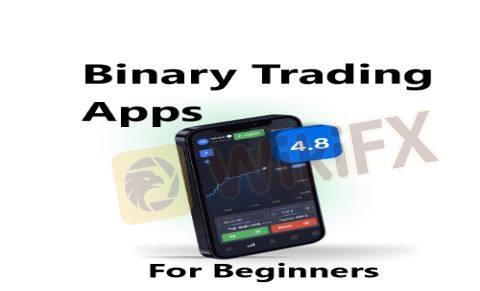A Contract for Difference (CFD) is a financial derivative enabling traders to speculate on the dynamic movements of financial markets, both upward and downward. It leverages a small amount of money for potentially substantial returns. For instance, offering 100x leverage means you can control up to 50k worth of stocks with a mere 500 margin.
While the potential for doubled returns exists, substantial losses, even surpassing your margin, are also a risk. CFDs address the need for extensive capital. In this context, we present the 7 Best CFD Brokers and Trading Platforms for 2024, facilitating your selection of the most suitable CFD broker or trading platform.
Our rankings stem from a comprehensive analysis, prioritizing key criteria like regulation – a paramount principle ensuring trader safety; CFD types – delineating the array of available options; Leverage amount – a pivotal factor in margin trading, where high leverage offers significant profits with a modest investment but also involves higher risk.

the Rank List of the Best CFD Brokers
Broad global accessibility for trade, encompassing over 125 markets in more than 30 nations
Competitive and cost-efficient pricing model featuring low commission fees intertwined with tight spreads
Broad spectrum of advanced trading platforms and a reliable multilingual customer support available 24/5
Strongly regulated by six different jurisdictions worldwide, assures a holistic secure and transparent trading environment
Encourages collaborative trading through a unique social interaction feature that facilitates peer learning, idea sharing, and a communal development of trading strategies
Offers an impressively wide asset coverage with a diverse portfolio of over 2,000 different financial instruments, extending from traditional assets like stocks and commodities to innovative options like cryptocurrencies and thematic investing.
more
Comparison of Best CFD Brokers
Forex Broker
License
Minimum Spread
Maximum Leverage
Minimum Deposit
Open account
Details
Compare
Best CFD Brokers Overall
| Brokers | Why are they listed as the best CFD brokers? |
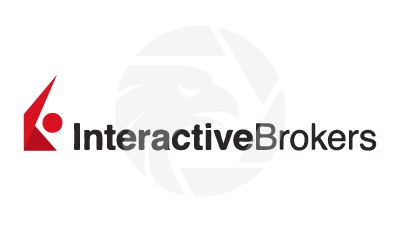 |
√Nearly 10,000 types of CFDs; Leverage up to 1:400 |
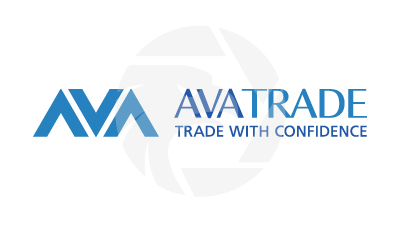 |
√Nearly 1250+ types of CFDs; Leverage up to 1:400 |
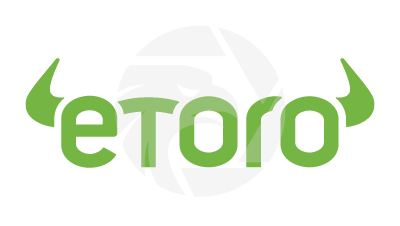 |
√Nearly 3000+ types of CFDs; Leverage up to 1:30 |
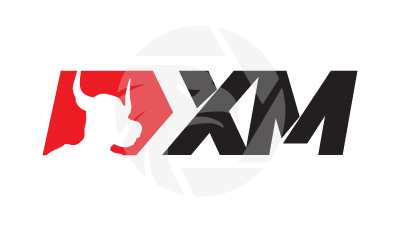 |
√Nearly1200+ types of CFDs; Leverage up to 1:1000 |
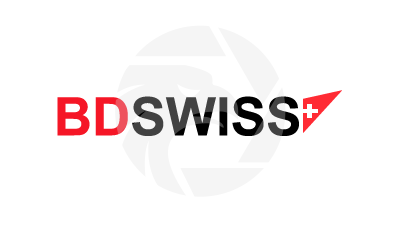 |
√Nearly 200+ types of CFDs; Leverage up to 1:500 |
 |
√Nearly 2800+ types of CFDs; Leverage up to 1:30 |
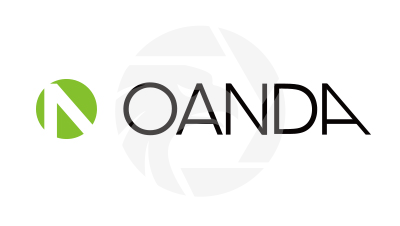 |
√Nearly 1700+ types of CFDs; Leverage up to 1:200 |
1. Interactive Brokers(IB)
As a reputable trading platform established in 1978, IG possesses robust credibility in the industry, particularly due to its unparalleled range of nearly 10,000 CFD markets. This impressive offering, coupled with a leverage of up to 1:400 and a transparent fee structure, caters to varied trading strategies.

| ⭐⭐⭐⭐⭐ | Interactive Brokers |
| Types of CFDs | Nearly 10,000 CFD market |
| Trading fees | Vary based on contracts |
| Leverage | Up to 1:400 |
| Minimum margin | $10,000 |
2. AvaTrade
AvaTrade stands out being a go-to platform for Copy and Social Trading. Its variety of options in these arenas means it caters to a range of trader needs and strategies. With low fees on major instruments enabling cost-effective trading and an offering of over 1,250 CFD instruments, AvaTrade demonstrates strong market versatility. These factors, coupled with its focus on social interaction and learning through trading, make AvaTrade a top contender on our list especially for Copy and Social Trading.

| ⭐⭐⭐⭐⭐ | AvaTrade |
| Types of CFDs | 1250+ |
| Trading fees | 0% commission on any asset |
| Leverage | Up to 1:400 |
| Minimum margin | $100 |
3. eToro
etoro's strong range of over 3000 types of CFDs, along with its attractive leverage of up to 1:30, makes it a solid candidate for our 'Best CFD Brokers and Trading Platforms' list. The impressively low trading fees with the spread of Stock/ETF CFDs starting at 0.15% provides cost-effective opportunities for traders. Coupled with a low minimum margin requirement of $50, Etoro opens doors for traders of all levels. Together, these features demonstrate Etoros dedication to offering a comprehensive and balanced trading experience.

| ⭐⭐⭐⭐⭐ | eToro |
| Types of CFDs | 3000+ |
| Trading fees | The spread of Stock/ETF CFDs is 0.15% |
| Leverage | Up to 1:30 |
| Minimum margin | $50 |
4. XM
XM has established itself as one of the leading CFD brokers and trading platforms due to its exceptional offerings. It stands out with its remarkably high leverage of up to 1:888 which is rare in the industry, thus providing traders with the opportunity to maximize their trading potential. With a low minimum margin requirement of as little as $5, XM makes CFD trading accessible to all types of traders. Additionally, it is regulated by prestigious authorities, CySEC and ASIC, ensuring a secure platform for users. Its availability of over 1200 types of CFDs allows for expansive trading opportunities. Balancing competitive pricing, regulation, high leverage, and excellent trading conditions, XM has proven itself worthy of the 'Best CFD Brokers and Trading Platforms' title.

| ⭐⭐⭐⭐⭐ | XM |
| Types of CFDs | 1200+ |
| Trading fees | 0.6 pips, zero swaps |
| Leverage | Up to 1:1000 |
| Minimum margin | $5 |
5. BDSwiss
Regulated by the UK's FCA, BDSwiss offers 200+ CFDs, leverage up to 1:500, a $100 minimum deposit, an all-inclusive mobile app, and Chinese customer service. These make it a strong candidate for our 'Best CFD Brokers and Trading Platforms' list.

| ⭐⭐⭐⭐⭐ | BDSwiss |
| Types of CFDs | 200+ |
| Trading fees | N/A |
| Leverage | Up to 1:500 |
| Minimum margin | $100 |
6. Plus 500
Plus500's impressive offerings of over 2800 types of CFDs makes it a leading choice in the trading industry and a strong contender for our 'Best CFD Brokers and Trading Platforms' list. The sheer diversity of its trading options can cater to a wide variety of trading strategies and preferences, making it a versatile platform suitable for a broad range of traders.

| ⭐⭐⭐⭐⭐ | Plus500 |
| Types of CFDs | 2800+ |
| Trading fees | spread of 0.6 pips,no commissions,USD 10 per month inactivity fees |
| Leverage | Up to 1:30 |
| Minimum margin | Depends on specific instrument and the leverage but starts from around 3.33% for retail clients |
7. Oanda
OANDA, established in 1995, offers 70+ CFD assets, is regulated by FCA, CFTC, ASIC, provides leverage up to 1:200, a minimum deposit of $200, varying withdrawal fees, and advanced trading tools like MT4, MT5, fxTrade. A distinctive feature of OANDA is its customer support tailored towards its Chinese clientele. This ensures a smoother, more personalised trading experience for Chinese-speaking users

| ⭐⭐⭐⭐⭐ | Oanda |
| Types of CFDs | 1700+ |
| Trading fees | No commissions |
| Leverage | Up to 1:200 |
| Minimum margin | range from 2% to 20% of the full notional value of the trade |
Forex Trading Knowledge Questions and Answers
The differences between CFD and forex trading
CFD and forex trading share some similarities but they are also quite distinct in many ways.
Forex trading or foreign exchange trading involves exchanging one currency for another in the hope that the price will change, mostly hoping that the currency you bought will increase in value compared to the one you sold.
On the other hand, Contracts for Difference (CFD) trading is a type of derivative trading that allows you to speculate on the rising or falling prices of fast-moving global financial markets such as shares, indices, commodities, currencies, and treasuries. The most notable difference is that, in CFD trading, you do not own the underlying asset but you can still benefit from the price movements.
Here are some specific differences:
Ownership: In forex trading, currency is physically exchanged after the completion of a trade, despite it being virtually represented. However, in CFD trading there is no physical exchange of goods as you are simply trading the difference between the entry and exit prices of a certain asset.
Variety of Assets: Forex trading only deals with the trading of currency pairs. CFD trading in contrast offers a wider array of assets you can trade, such as shares, indices, commodities, and more.
Leverage: Both trading methods are typically traded 'on margin'. However, the leverage ratio available in forex trading is generally higher than what's available in CFD trading due to the different regulatory environments.
Transaction Costs: In forex, the cost of the trade is incorporated into the price in the form of a spread. Whereas, in CFD trading, the trader has to pay a certain amount of commission per trade to the broker.
Regulation:Forex is a globally centralized market, while CFDs are not. Regulations on leverage and other floor and ceiling trading restrictions may vary significantly between Forex and CFDs depending on the region and the rules imposed by the regulatory bodies.
Each trading instrument has its own advantages and disadvantages and traders should choose the one that suits their trading style, risk tolerance and financial objectives. It's always recommended to have a clear understanding of the instrument before entering the world of trading.
Example of a CFD Trade
Let's assume a trader is bullish on Apple stock (AAPL) and wants to profit through CFD trading.
The current price of Apple stock is $222.38 per share, and the trader expects the price to rise to $225.24. He decides to invest $10,000 in the trade. Considering the exchange's regulations and the trader's risk tolerance, he selects an appropriate leverage ratio.
To execute the trade, the trader needs to pay a certain commission. In this example, let's assume that the commission for both opening and closing the position is 0.1% of the trade amount. Additionally, since the trader is going long, he needs to pay overnight financing fees. Assuming an overnight financing rate of 3% per annum, plus a fixed 2.5% spread, the daily financing fee he needs to pay is: ($222.38 per share * 45 shares) * (3% + 2.5%) / 365 ≈ $0.15.
The trading process is as follows:
Calculating the contract quantity: $10,000 ÷ $222.38/share ≈ 45 shares. In other words, the trader can buy 45 CFD contracts of Apple stock.
Opening the position: The trader buys 45 contracts at $222.38 per share, for a total cost of approximately $10,000.71. Paying the commission: The trader needs to pay an opening commission of $10,000.71 * 0.1% = $10.01.
Holding period: The trader holds these 45 contracts and pays the financing fee daily. Let's assume he holds the position for 16 days.
Closing the position: The price of Apple stock rises to the expected price of $225.24, and the trader decides to close the position. Calculating the profit: Total profit: 45 shares * ($225.24 - $222.38) = $128.7
Total cost: Opening commission $10.01 + Closing commission $10.01 + Financing fees ($0.15/day * 16 days) = $12.41 Net profit: $128.7 - $12.41 = $106.28
Through this example, we can see that the profit from CFD trading depends not only on the rise and fall of the underlying asset price but also on factors such as commissions and financing costs. When engaging in CFD trading, traders need to consider these factors comprehensively and develop a trading plan based on their risk tolerance and trading strategy.
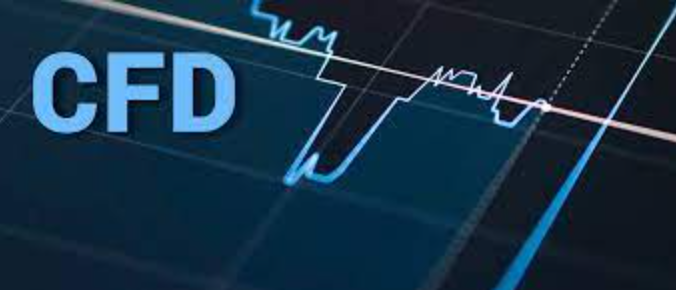
Are CFDs legal in the U.S.?
The U.S. regulatory environment has specific regulations pertaining to financial trading instruments. CFDs fall under these regulations due to their leverage and the associated risks.
In the U.S., retail trading of CFDs is subject to stringent regulations. Many CFD brokers do not offer services to U.S. residents.
Is CFD trading profitable?
Every type of trade or product has its unique set of advantages and disadvantages, its usefulness largely influenced by the strategy of its utilization. Here, we consolidate both the benefits and drawbacks of CFD trading to provide you with a comprehensive reference.Trading whenever the market is rising or falling.
Through (CFD trading, traders have the flexibility to speculate in both rising and falling markets, allowing for potential profits by buying or selling various financial instrument CFDs. For example, when investors purchase company stocks, profits are reliant on price increases. In contrast, with CFDs, investors can profit by selling stocks if they anticipate a decline in the value of the company's stock.
Trading with more market instruments
By registering with online CFD brokers such as Interactive Brokers, traders can invest in a wide range of financial markets. With just a single account, traders can access CFDs on forex, stocks, indices, spot metals, commodities, bonds, and ETFs, offering a broad range of investment opportunities.
Margin trading
By using leverage, investors can trade in the market with a small initial capital. Essentially, leverage acts as a loan that traders obtain from their brokers, allowing them to control larger CFD positions in the market by investing less money, which is the margin. This makes CFD trading easier and more cost-effective than other investment methods.
No stamp duty
Another reason why CFD trading is more cost-effective than other forms of investment is that there is no stamp duty when trading CFDs. Since CFDs are derivatives, investors do not acquire ownership of the relevant assets, so stamp duty is not applicable.

Is CFD trading High-risk?
Trading with leverage in a margin account is risky; when trading CFDs, you may lose your entire balance.
- Overnight fees (also known as carry costs) are incurred by CFD traders who hold positions overnight.
- CFD traders hold a contract - they do not own the asset itself. This means that CFD traders are also not eligible for benefits such as dividends and shareholder rights.
- For long-term traders, his risk is greater; if the holding period is too long, the trading cost of CFDs will increase significantly. Long-term traders are more suited to buying basic assets.
How to choose the best CFD brokers?
Our process for selecting the best CFD brokers primarily considers regulatory compliance, security measures in place, and fee structure. This way, we ensure our recommended brokers meet high standards of safety and transparency while offering cost-effective trading opportunities.Official Regulation and Licenses:
Ensure the broker is regulated by a reputable financial authority. Regulation provides a level of security and assurance regarding the broker's operations.
Excellent Trading Data and Charts:
Look for a broker that offers high-quality trading tools, detailed charts, and accurate market data. Robust tools and analytics assist in making informed trading decisions.
Professional Customer Support and Services:
Opt for a broker with responsive and knowledgeable customer support. Reliable support is crucial for addressing queries, technical issues, or assistance with trading activities.
Safe Payment Methods:
Choose a broker that provides secure and diverse payment options. This ensures the safety and convenience of depositing and withdrawing funds.
Quick and Unlimited Withdrawals:
A good broker allows quick and hassle-free withdrawal processes. Additionally, there should be no limits on the number of withdrawals, offering traders more flexibility.
Transparent Fees without Hidden Charges:
Check for transparent fee structures and avoid brokers with hidden charges. Clarity regarding fees, spreads, and commissions is crucial for effective trading and avoiding surprises in costs.

Is CFD trading suitable for beginners?
Contracts for Difference may not be suitable for beginners, as trading with leverage through margin can bring high profits, but also comes with high risks. Whether you use CFDs, forex or other trading derivatives, they all carry greater risks than traditional trading. For beginners, simulated trading is a good starting point. A demo account uses virtual funds, protecting you from the risk of loss, while also improving your investment skills and strengthening your investment strategy.
You Also Like

7 Best Forex Brokers with Instant Withdrawals in 2024
Explore the top 7 Forex Brokers offering instant withdrawals. Enjoy secure, fast trading and quick access to your earnings.

8 Best CFD Brokers in 2024
Analyze the top 7 CFD brokers, focusing on their regulatory compliance, performance, and customer satisfaction.

Best Brokers with Instant Deposits for 2024
In this article, we’ll explore five top brokers that offer instant deposits, allowing you to quickly fund your trading account and seize market opportunities without delay.

Best PayPal Forex Brokers for 2024
Discover top Forex Brokers that use PayPal, understand how transactions work, consider the pros & cons, and make your Forex trading plan!


